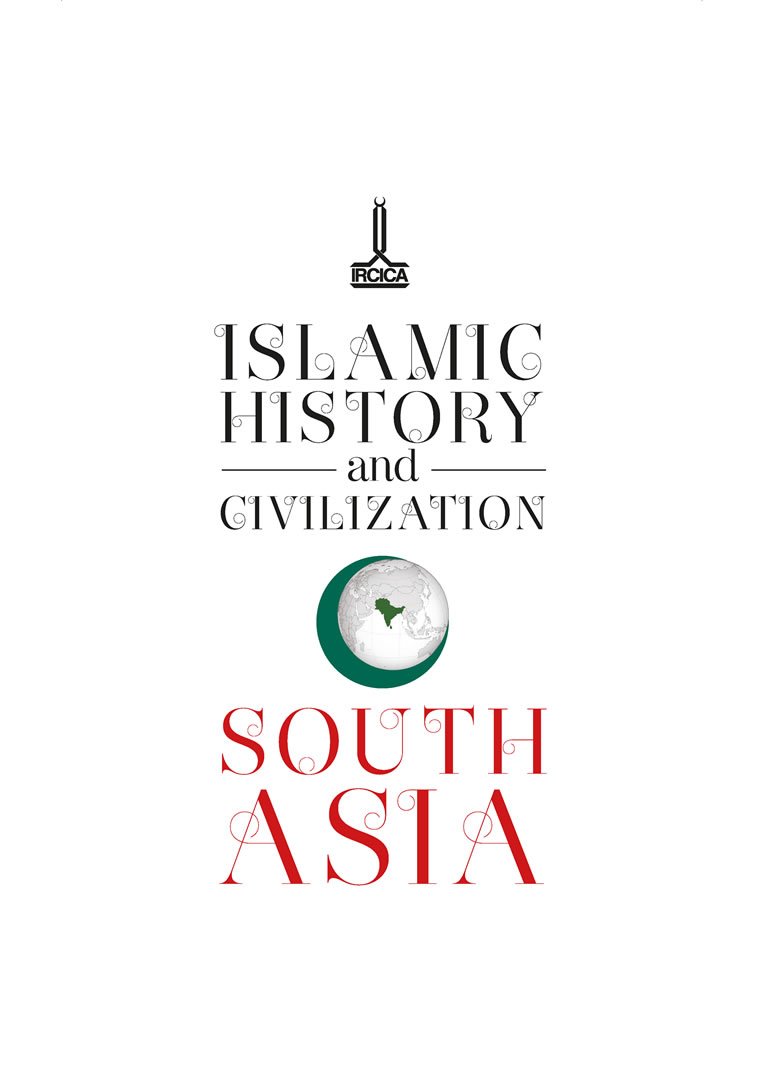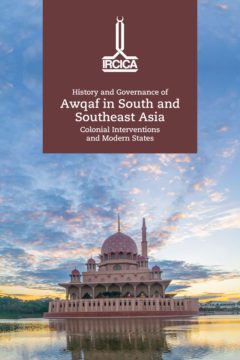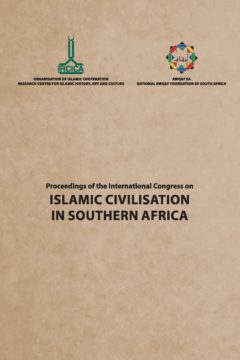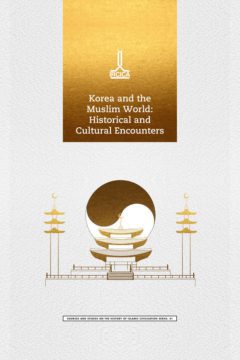IRCICA has embarked on a multi-volume research project on ‘Islamic History and Civilization’ aimed at presenting a comprehensive overview of Islamic history and civilizational heritage since the time of Prophet Muhammad (SAW) in a chronological and geographical perspective. The Project Director of this major initiative is IRCICA has embarked on a multi-volume research project on ‘Islamic History and Civilization’ aimed at presenting a comprehensive overview of Islamic history and civilizational heritage since the time of Prophet Muhammad (SAW) in a chronological and geographical perspective. The Project Director of this major initiative is IRCICA Director General Prof. Dr. Halit Eren. The project is planned to comprise several volumes that cover the rich historical legacy of Muslim nations and their civilizational heritage in different periods and geographical regions by predominantly local authors.
The first volume prepared in the context of this long-term research project with a special regional focus on South Asia, ‘Islamic History and Civilization: South Asia’, has been published. The volume is co-edited by Prof. Khurram Qadir and Prof. Faraz Anjum, both leading academic experts from the region. Prof. Khurram Qadir is the former Chair of History at Bahauddin Zakariyya University, Multan; Chairman of History at the International Islamic University, Islamabad; and the former Director of the National Institute for Historical and Cultural Research, Quaid-e Azam University. Prof. Faraz Anjum is a Senior Lecturer in History at the Punjab University, Lahore, Pakistan.
The volume includes contributions by sixteen leading experts on Islamic history and civilization in the Subcontinent starting with the part on ‘Muslim Inroads in South Asia’. This part includes several articles on the early Muslim Sultanates in South Asia and detailed analyses on a variety of fields including state administration; social and economic life; science, education and culture: trade and commerce; art and architecture. The following parts of the volume highlight fragmentation of Muslim polity and focus on localized Sultanates. The Muslim polity in Baharat and Deccan regions are evaluated with reference to major states such as the Baburi/Mughal Empire; as well as the minor states that were formed after the decline of the Mughals. In this context, key historical events and development of Islamic civilization under the centralized rule of the Mughal Empire and the micro-states in frontier regions such as Balochistan, Sindh, Bhopal, Hyderabad, Awadh and Khyber are analyzed by leading experts in the field.
The volume also contains general assessments concentrating on the state of South Asian Muslims during the Colonial period; Relations of the Subcontinent Muslims with the Ottoman Caliphate; and contributions of the Subcontinent to Islamic culture and civilization.
In addition to Prof. Khurram Qadir and Prof. Faraz Anjum who contributed to the volume both as co-editors and authors, Dr. Salma Farooqui, Director of the H.K. Sherwani Centre for Deccan Studies in Hyderabad has contributed with five chapters. Prof. Azmi Özcan from IRCICA and the late Prof. Khaliq Ahmad Nizami from Aligarh Muslim University in India also contributed with one substantive chapter.
Enriched with historical and topographic maps, figures, genealogical tables and photographs of historical sites this volume represents an encyclopedic contribution to the studies on the history of Islamic civilization in South Asia. The fact that the authors also come from the Subcontinent makes the volume a truly original and endogenous piece of scholarly work supported and sponsored by
IRCICA as the cultural subsidiary of the OIC. ‘Islamic History and Civilization: South Asia’ is bound to became a leading reference in the English language for scholars and researchers specializing on various historical periods and various aspects of the legacy of Muslim nations in the region.









